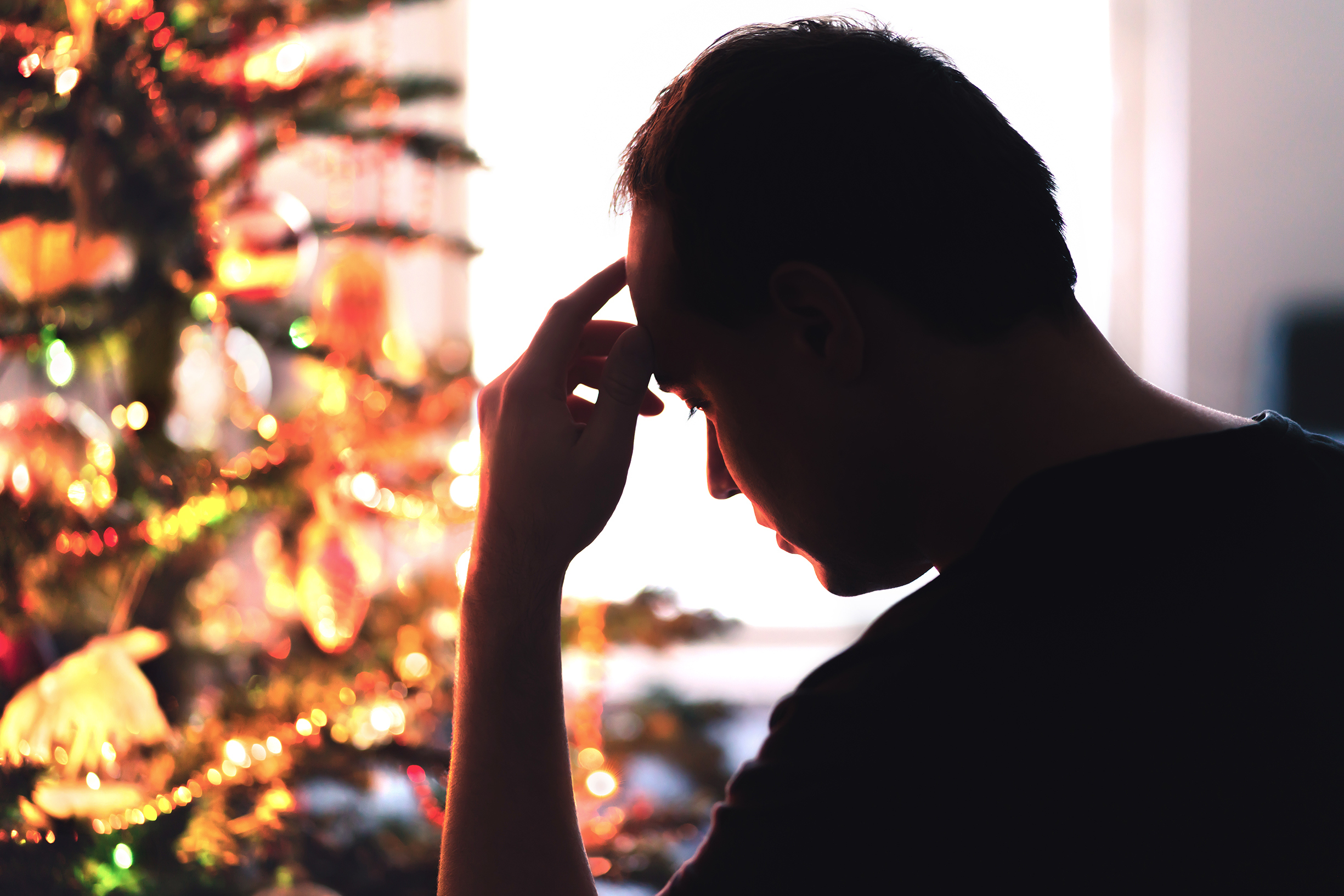The good news about recovery from substance abuse is that it’s possible for anyone to achieve. The bad news is the opposite is also true: anyone can succumb to relapse.
Unfortunately, for many people, the holiday season is a stressful, emotionally exhausting and mentally draining time of year. Between family gatherings, financial and relationship expectations, religious or political differences and more, it can be tough to navigate.
For those in the early stages of recovery, this time of year can be particularly difficult, posing additional challenges to their sobriety as well as potentially opening the door to multiple high-risk situations for relapse.
In this article, we’re going to take a closer look at triggers for relapse during the holidays, why the risk is higher during this time of year and how you can move forward from here.
What are holiday relapse triggers?
Triggers may involve people, situations, environments or activities that cause you to be tempted to engage in previous bad habits. During the holidays, the most common relapse triggers include stressful family dynamics, easier and more frequent access to drugs and alcohol, disruptions in your treatment or routine, expectations around finances and gifts, relationships and grief.
Because of the naturally sentimental (and often emotionally intense) nature of the holiday season, it can lead to what are called high-risk situations for relapse.
What are high-risk situations for relapse?
High-risk situations for relapse are situations that are recognized to be especially difficult for individuals to maintain sobriety in. These situations pose a direct threat to your successful long-term recovery, whether through certain individuals, as a result of your emotional and mental state or because of your surroundings and environment.
Most high-risk situations revolve around negative emotions, social pressures and stressful family dynamics. Because of this, one of the most common high-risk situations for relapse is the holiday season.
Why are relapses during the holidays so common?
It’s tragic that the “most wonderful time of year” has also been recognized to be the most dangerous time of year for those recovering from mental health and substance use disorders.
This is due to a variety of reasons, including:
- Increased drinking in social settings and as a coping mechanism
- Financial-based strain, such as from gift expectations or perceived gift obligations
- Unhealthy or toxic family dynamics
- Seasonal affective disorder or winter blues, can exacerbate the mental health struggles, someone, in addiction recovery is already facing
- Heightened loneliness due to distant or deceased loved ones
There are many other personal factors that play a role in high-risk situations for relapse during the holidays, such as the state of your personal mental and physical health, your living situation, and lifestyle habits. Without proper intervention, relapses can be fatal.
Start your recovery today
If you or someone you love is struggling with a substance use disorder and hasn’t yet sought professional help, send us a message.
If you or someone you love has relapsed since completing treatment, or you suspect a relapse is about to happen, send us a message.
No matter where you’re at in your recovery journey (including if you haven’t started it yet) we’re here to help. Healing your body and life from an addiction is not something you’re expected to do alone, and we’re going to walk with you every step of the way.
A leader in addiction rehabilitation and mental health treatment, Real Recovery Clinical offers proven treatments to help you regain sobriety and rebuild a life full of health and happiness.
Each of our programs draws upon holistic and traditional treatment methods to provide you with full-spectrum care, and your treatment plan will be personally tailored to your unique needs to ensure you receive the highest level of care possible.
To get started on the road to recovery and begin rebuilding a rewarding life, submit a confidential form or call our office directly at 855-363-7325.





